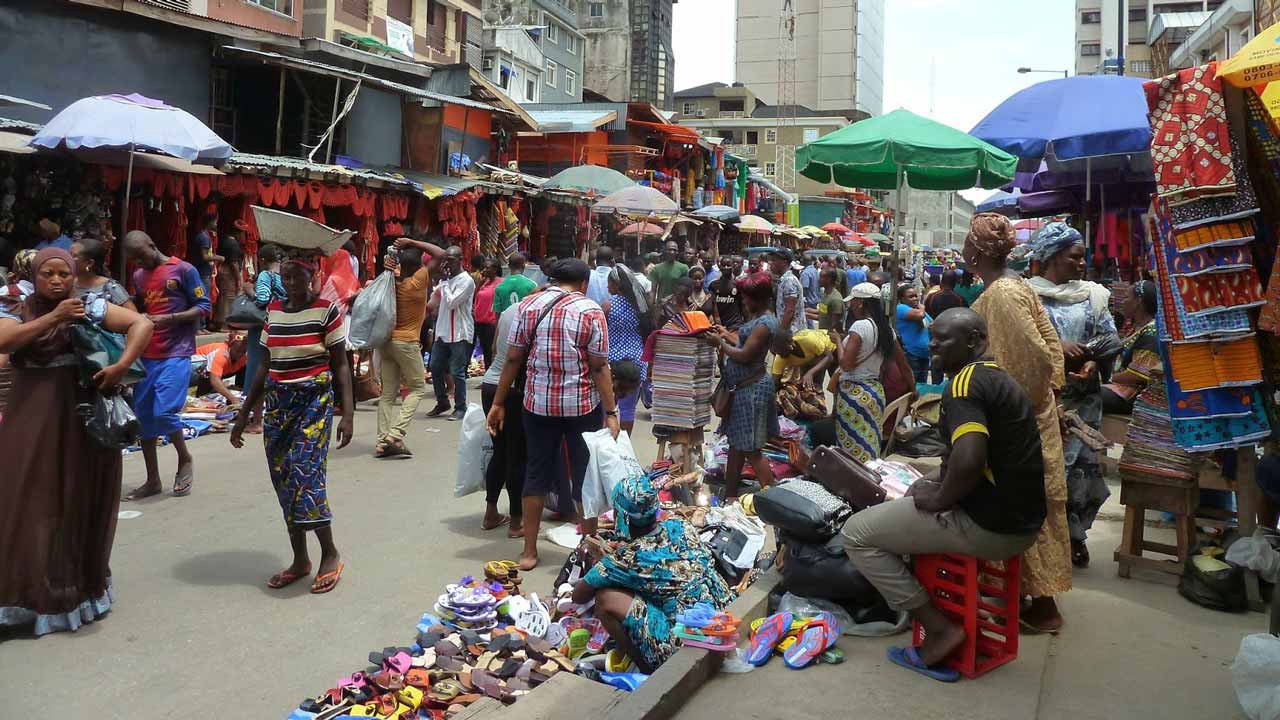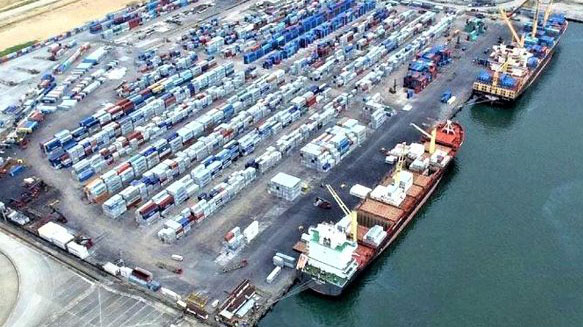
•Unearths remote, immediate causes of Nigeria’s double-digital inflation
A report by SB Morgen, Nigeria’s geopolitical intelligence platform, notes that skipping inflation has never triggered political agitation in the country but warns the trend could change if the government does not take urgent steps to manage the current rising prices “responsibly”.
The report, which traces the inflationary trend since Nigeria’s independence, explains the underpinnings of inflation, suggesting that the country has had productivity issues since 1970s.
“Drastic measures need to be taken with laser focus to improve the productivity of Nigerians and the Nigerian economy. This will be achieved by improving education, providing tools and infrastructure, and securing lives, property and property rights.
“Education will also include disabusing the Nigerian psyche from destructive mantra such as equating the strength of the economy not with its productivity but with the strength of the currency, mantras that became entrenched in the book years of the 1970s and which continue to be employed as a tool by a greedy elite to mobilise the people against reforms that would ultimately be better for the country,” the report states.
It stresses that as people’s purchasing power gets eroded and they are unable to purchase essential commodities, the fabric of social cohesion begins to tear. This, it says, increases social tension and political unease. It argues that this informs the priority attention modern economies give to maintaining price stability.
According to the report, Nigerian standard of living will improve significantly with improved productivity and a moderate inflation rate, which can only happen with reforms that reduce “structural productivity inhibitors”.
It doubts the possibility of meeting the single-inflation-rate target set by the monetary authority, saying that country only achieved the goal in 25 out of 62 post-independence years. “On a decade-by-decade basis, it is clear that our ability to achieve this has declined since independence,” it states.
It adds that the country only experienced deflation three times – between 1960 and 1969. In 1961, there was an inflation rate of -2.7 per cent while there was another negative inflation rate of 3.7 per cent in 1967 and another occurrence in 1968 (0.47 per cent).
It traces policy options taken by successive administrations to achieve a single-digit inflation rate, concluding that most of the approaches did not record much success. The discovery of hydrocarbon and subsequent oil boom, it states, played a key role in evaluating the role of money supply in price instability.
“Oil money had introduced a new paradigm into the Nigerian public psyche, one of an endless supply of money in a boom period. In 1974, the Udoji Award where the government essentially distributed money to civil servants led to a sudden increase in spending power,” it recalls, lamenting that the increase in money supply was not matched with commensurate productivity.
“The private sector that was the driver of production was unable to rise to meet the demand that the public servants flush with cash provided. In addition to this, the price controls instituted in 1971 were beginning to lead to severe shortages in essential goods as traders struggled to replace their goods at the prices the controls required them to sell at. Demand-pull and cost-push immediately drove inflation into the double-digit territory in response to this in 1974, reaching 12.67% and a black market began to thrive.”






